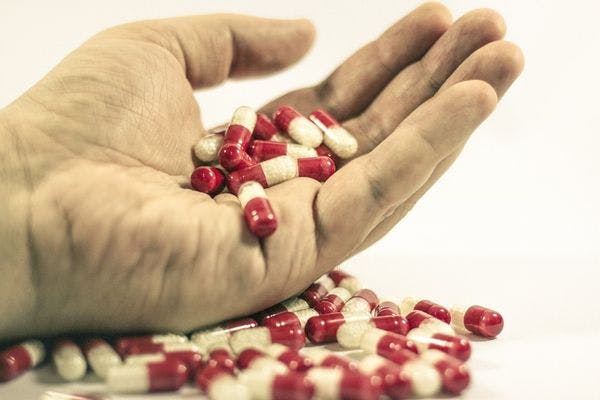Rehabilitación de base religiosa frente a terapia de sustitución en Rusia: ¿qué decidirá el TEDH?
El Tribunal Europeo de Derechos Humanos (TEDH) se enfrenta a la compleja tarea de decidir si la prohibición que pesa sobre la terapia de sustitución de opioides excede los límites del poder discrecional de las autoridades rusas. Más información, en inglés, está disponible abajo.
Suscríbase a las Alertas mensuales del IDPC para recibir información sobre cuestiones relacionadas con políticas sobre drogas.
In October 2015 – January 2016, the European Court of Human Rights received the latest documents for the case Kurmanayevskiy, Abdyusheva and Anoshkin vs Russia. These are statements by Russian NGOs involved in drug rehabilitation – the Independent Narcological Guild, the Rehabilitation Centres Association of the Northern Caucasus, ROO “Zdorovoye Stavropolye”, as well as the St. Ioann of Kronshtadt Metropolitan Rehabilitation Centre “Voskreseniye”. All these organizations made statements against substitution therapy and spoke about its ineffectiveness, including through references to the Crimean experience. Aside from the Independent Drug Treatment Guild, the rest of these NGOs represent faith-based rehabilitation programs that they were informing the ECHR about. The statement from the St. Ioann of Kronshtadt Rehabilitation Centre contained multiple quotes from the Testament. The Russian Federation expressed its full support of the statement by these third parties. Specifically, according to the Russian Federation, “The vision of drug addiction as a destructive sinful passion allows explaining to a drug addict (and doing so clearly and from a special, spiritual perspective) undeniable scientific truth that “addiction to narcotic drugs constitutes a serious evil for the individual and is fraught with social and economic danger to mankind”, which is stated in the Single Convention on Narcotic Drugs 1961.”
Earlier, eight international organizations and officials had supported the plaintiffs and substitution therapy in general. The list of supporters included the Special Rapporteur on torture and other cruel, inhuman or degrading treatment or punishment; UN Secretary General’s Special Envoy on HIV/AIDS in Eastern Europe and Central Asia; the Joint UN AIDS Programme; International Doctors for Healthier Drug Policies; Human Rights Watch; the International Harm Reduction Association; the Eurasian Harm Reduction Network and the Canadian HIV/AIDS Legal Network. Statements by these organizations and officials were based on evidence of substitution therapy’s effectiveness and the need to remove the ban on OST based on international guidelines as well as the norms and principles of human rights.
Therefore, today we can draw a line under this communication process and note that the ECHR faces a difficult task of deciding whether the OST ban goes beyond the discretion of Russian authorities.
The plaintiffs believe that definitely goes beyond Russian authorities’ discretion. They justify their position by referring to multiple examples of scientific research and to the positions of international organizations including the UN and the European Monitoring Centre for Drugs and Drug Addiction....
Click here to read the full article.
Keep up-to-date with drug policy developments by subscribing to the IDPC Monthly Alert.
Thumbnail: Pixabay
